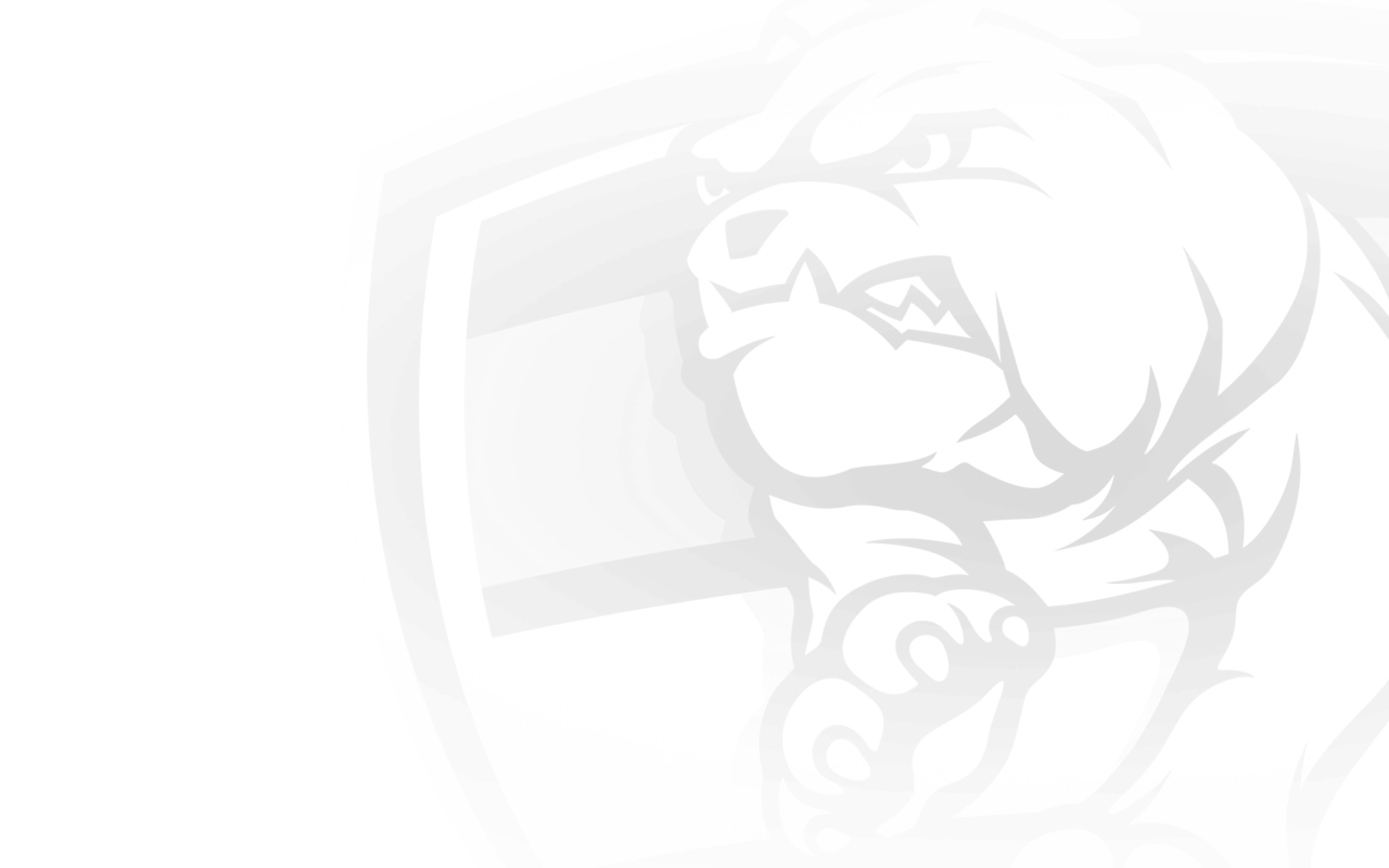(Daniel Southern, as he, Steven Kretiuk, Matthew Dent and Craig Ellis approached West Coast’s Michael Gardiner, before the bounce in the last game at Whitten Oval, 23 August 1997)
Revitalised, Footscray entered the 1990 season under new coach Terry Wheeler and won 12 games, unearthing promising youngsters Chris Grant and Leon Cameron. The VFL had become the Australian Football League (AFL). Peter Foster won the best and fairest and Tony Liberatore’s Brownlow Medal win symbolised the success of the 1989 Fightback.
The national competition expanded, including Adelaide (1991), Fremantle (1995) and Port Adelaide (1997). Changes to the game included a final six system in 1991, three central umpires and a final eight in 1994, and an increase to four interchange players by 1998. Increasing professionalism saw players becoming full-time footballers.
A major club highlight of 1991 was keeping Carlton to just 1 goal in a game at Western Oval. In 1992, Scott Wynd won the Brownlow Medal and was one of many fine players, including Liberatore, Grant, Danny Del-Re, Steve Wallis, Simon Atkins, Brian Royal and Glenn Coleman, captained by Doug Hawkins. The team came of age – finishing second on the ladder. Del-Re kicked 8 goals in the qualifying final but Geelong ended Footscray’s season in the preliminary final.
After two rounds of 1994, Alan Joyce replaced Wheeler as coach. Fitzroy became co-tenants of the Western Oval, favourite son Doug Hawkins broke Ted Whitten’s club record of 321 games and the heated last round match against the Eagles became known as ‘The Battle of Subiaco’. Injury ridden, the Bulldogs bowed out of the finals in straight sets after coming close in the first final – only defeated when Geelong’s Bill Brownless goaled after the final siren.
Club legend Ted Whitten’s death in August 1995 rocked the football world – his state funeral evoking an outpouring of grief. Geelong again ended Footscray’s finals campaign in 1995. In 1996, the club was again in a dire financial position after declaring a massive deficit on the back of a poor on-field season. Joyce had quit as coach, with Terry Wallace taking over. Champion player, and runner-up in the Brownlow, Chris Grant was undecided about his future.
President Peter Gordon made way for a ‘Taskforce’ of businessmen to take control in late 1996. David Smorgon became the face of the ‘Taskforce’ and club president. Chris Grant loyally staying with the Dogs was a key factor in the club’s survival. To gain support from the wider western region of Melbourne, Footscray were renamed the Western Bulldogs – and it was decided to move home games to Princes Park, the jumper was altered to include a stylised bulldog motif and the club song was changed.
Footscray’s proposed merger partner, Fitzroy, did not survive past 1996, merging with the Brisbane Bears to form the Brisbane Lions from 1997.
The last ever game at Whitten Oval (renamed in 1995), against West Coast late in 1997, had a fiery start but, fittingly, ended with a Bulldog victory. Under Wallace the team played a brand of football that took them to finals in 1997, 1998 and 1999 – losing preliminary finals against Adelaide in 1997 and 1998. The 2 point loss in 1997, followed two days later by Chris Grant polling most votes in the Brownlow Medal only to be ruled ineligible after an AFL imposed suspension, was heartbreaking.

